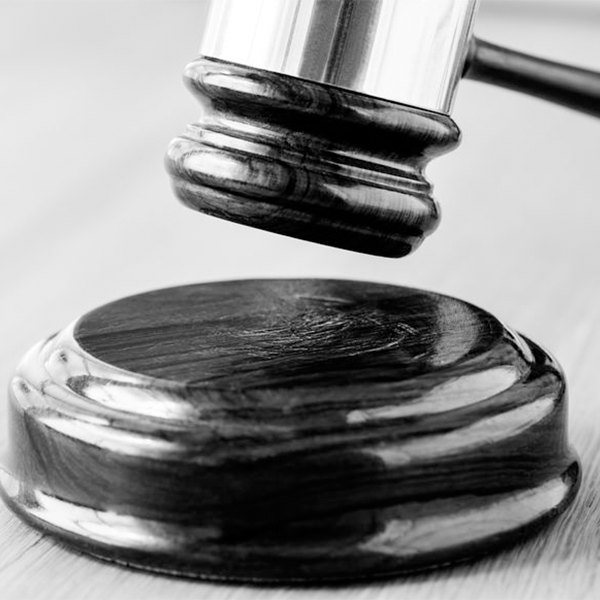Having a final judgment granted in your favor is sometimes not the end of a legal proceeding, there is always collecting on that judgment from the opponent/debtor. In Florida those with final judgments in their favor have up to twenty years to collect on that judgment from their debtors through a variety of ways. An extension can also be granted should the judgment not be collected within the original time period allowed in the statute.
What is a Final Judgment?
In a lawsuit, a final judgment is the order granted by the court providing for the remedies that was sought in the lawsuit, either for the person bringing the lawsuit or against them. In civil law disputes final judgments usually include some kind of monetary award for one party or the other. In Florida, a final judgment takes effect when the judge over the case puts pen to paper and signs the judgment. However, that signing of the judgment does not automatically grant the prevailing party what they want. The prevailing party must still collect on the final judgment from the opponent/debtor.
How can someone collect on a judgment?
Collecting on a judgment can be done in a variety of ways. Florida judgment enforcement typically begins with the prevailing party asking or moving the court to issue a Writ of Execution. This entitles the prevailing party to take the necessary steps to collect on the judgment that was awarded, such as levying liens against the debtor’s property, garnishing their wages, and other non-exempt personal property. However, at times collection can still be difficult to carry out as debtors may not have the financial means to pay the judgment, which is why it is critical to understand the financial position of the debtor and try to reach a settlement agreement before the expenses of litigation and trial add up.
Why is a judgment good for only 20 years?
Florida law allows for a judgment to be collected for twenty years after the date on which the judge signs the judgment. The statute of limitations on the collection of a judgment is in place to ensure that creditors carry out their due diligence in taking the necessary steps to collect on the judgment. While also removing the burden of a debtor having to pay on a judgment that was not collected long after it was ordered. However, creditors in Florida may be able to get an extension on the time they have to collect on the judgment through an “action on a judgment,” which allows the creditor to start the clock over by starting an action on the original judgment to obtain a new judgment with a new twenty-year limit.
What happens if a judgment is not collected within the time limit?
If a creditor does not collect on a judgment in Florida within the twenty-year time limited allowed under Florida law and does not take any further steps to renew that judgment, the creditor can no longer take any steps towards collecting on that judgment. In effect, the judgment becomes what is known as a paper judgment, meaning that the creditor has a judgment in their favor, however, they have no way of collecting on it. A judgment may also lapse if a creditor does not take the necessary steps to collect on the judgment. For example, if a creditor living in Miami is awarded a judgment in 2010 and takes no steps to collect on that judgment through 2030 a court may not renew the judgment. The lapsing of a judgment is never good for a creditor and is why Florida has such a generous statute of limitations for the collection of a judgment.








